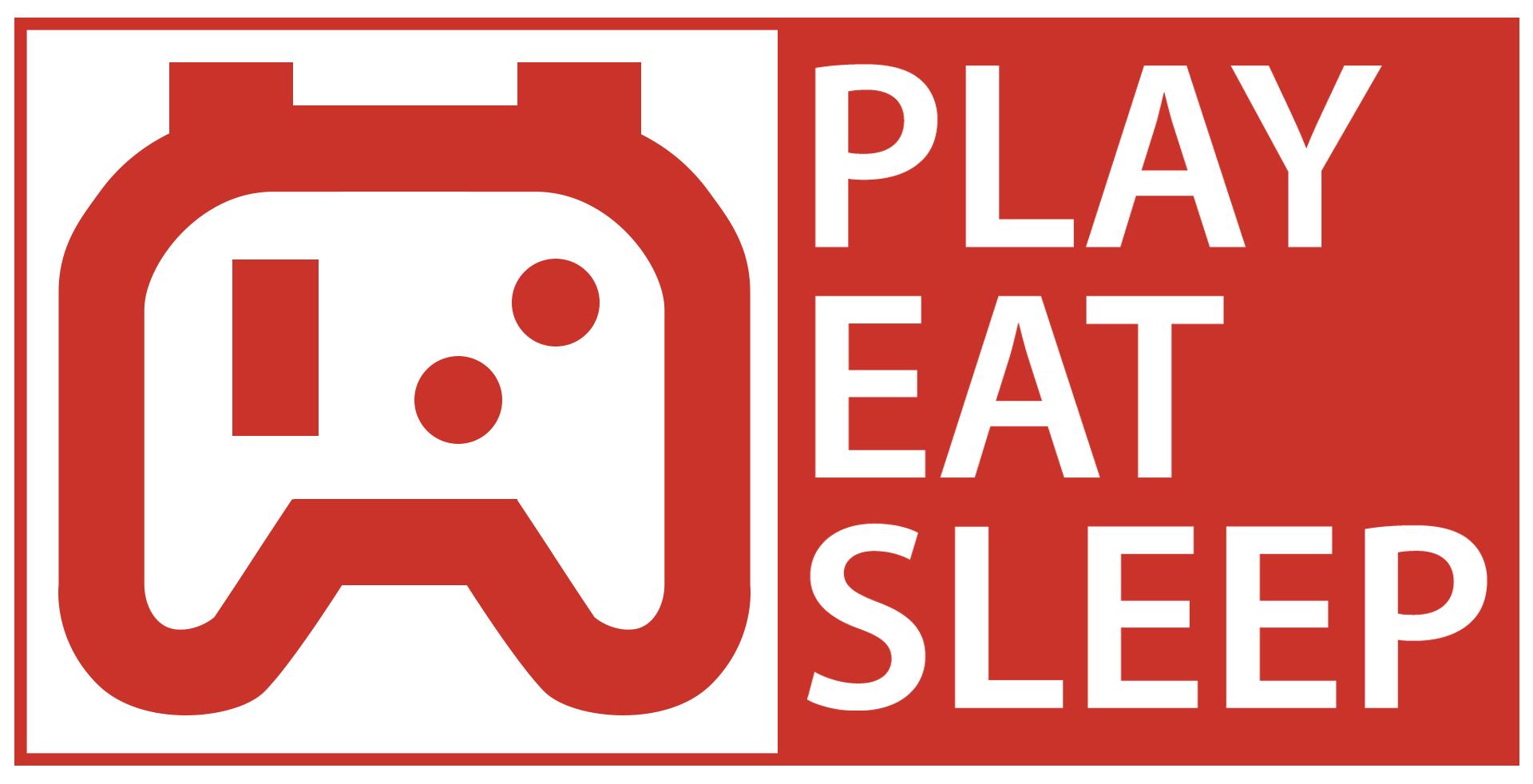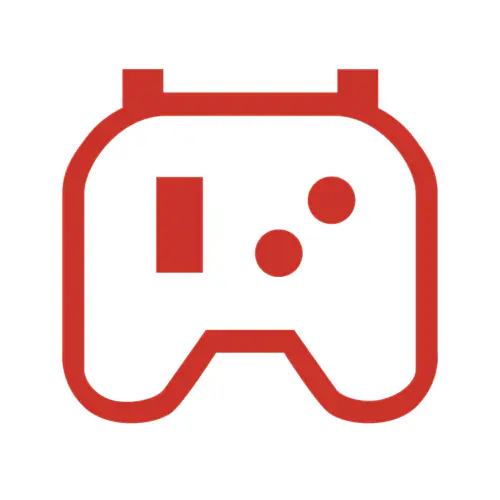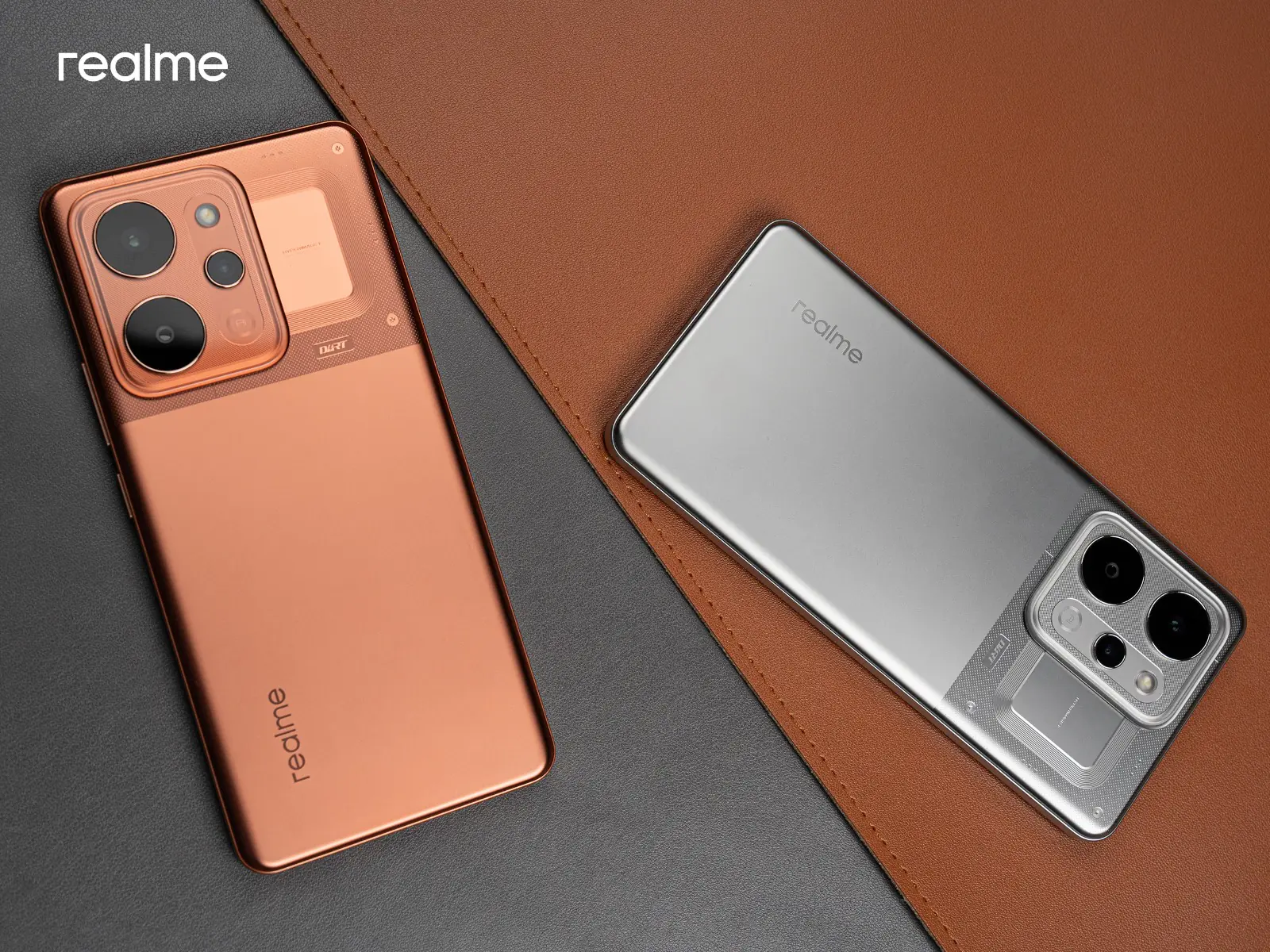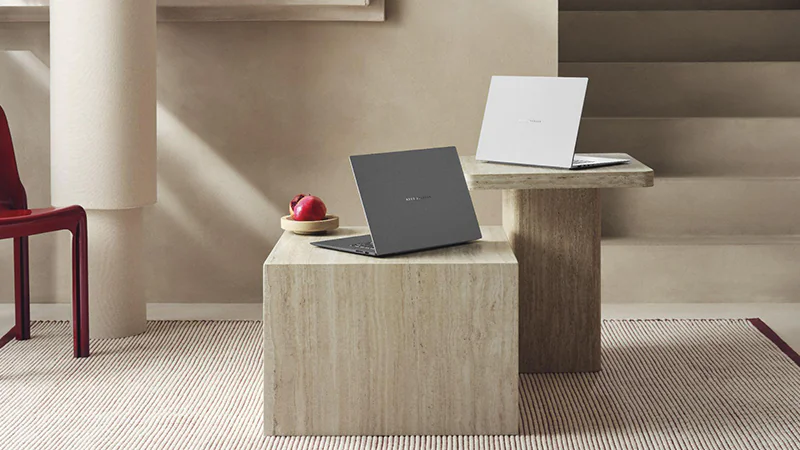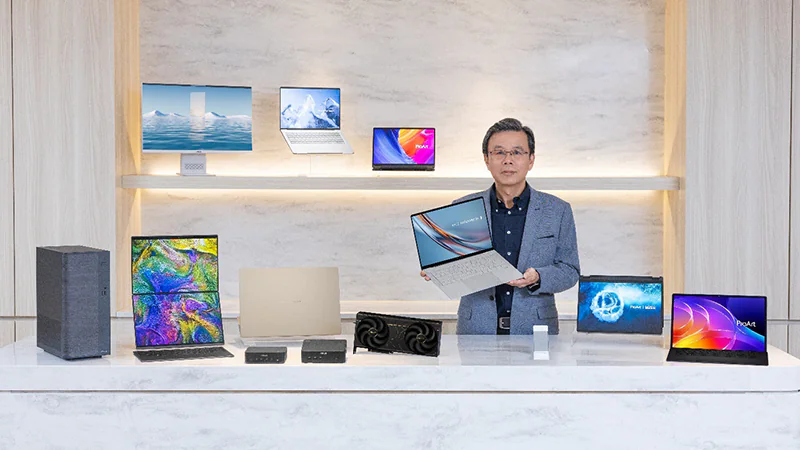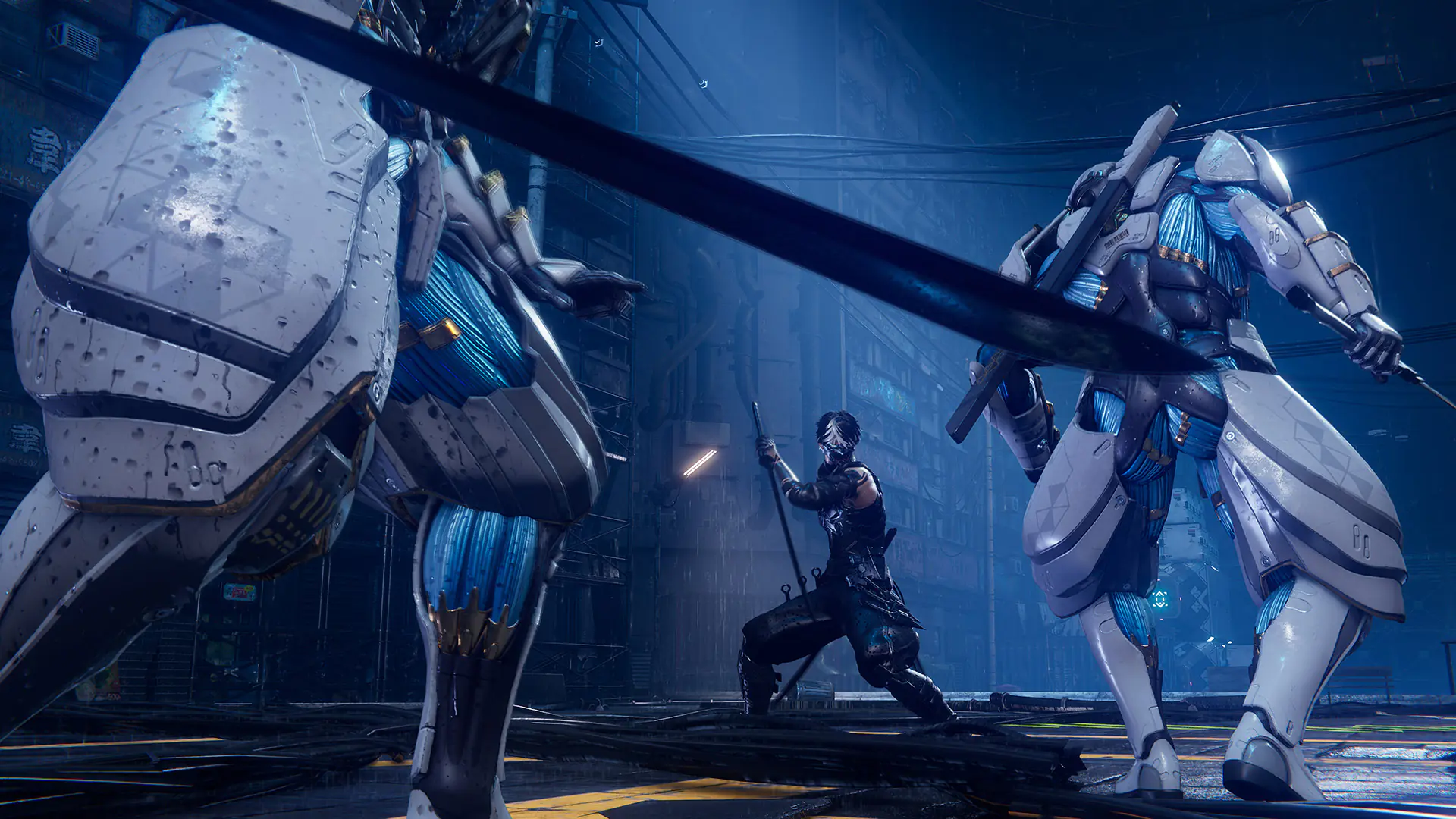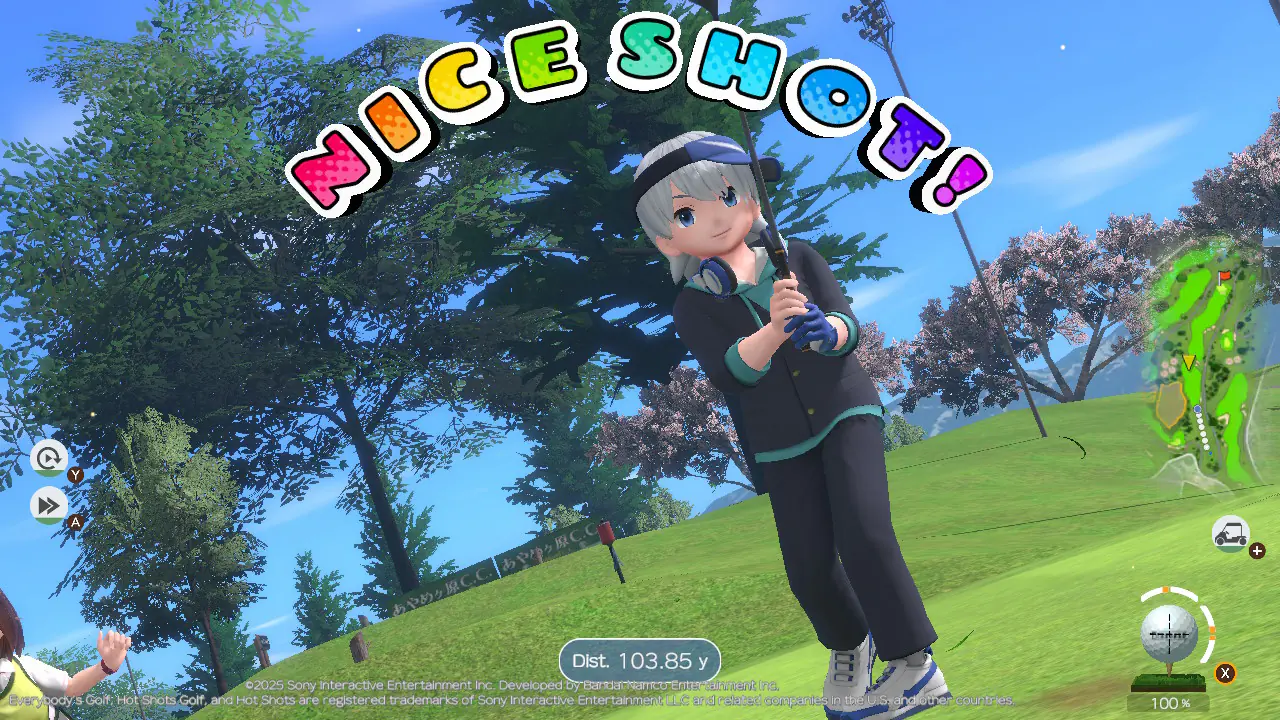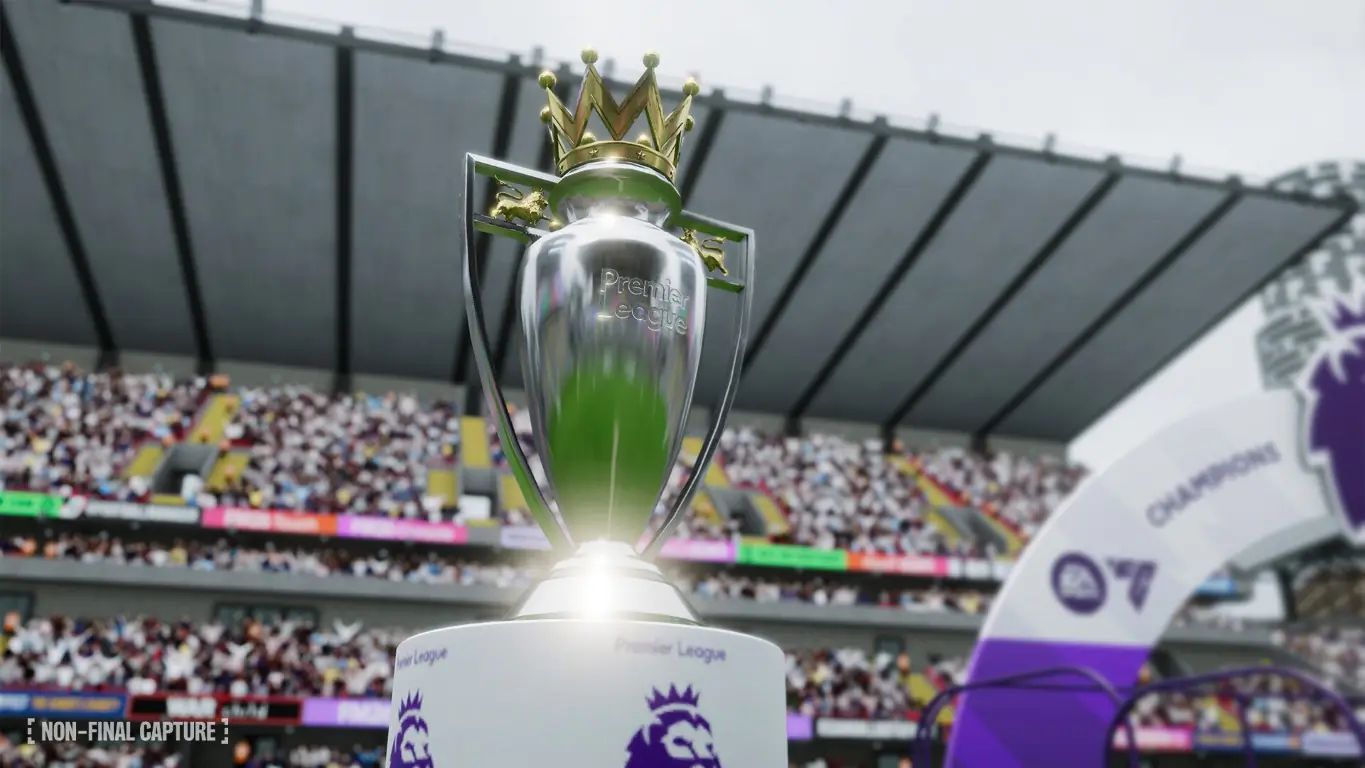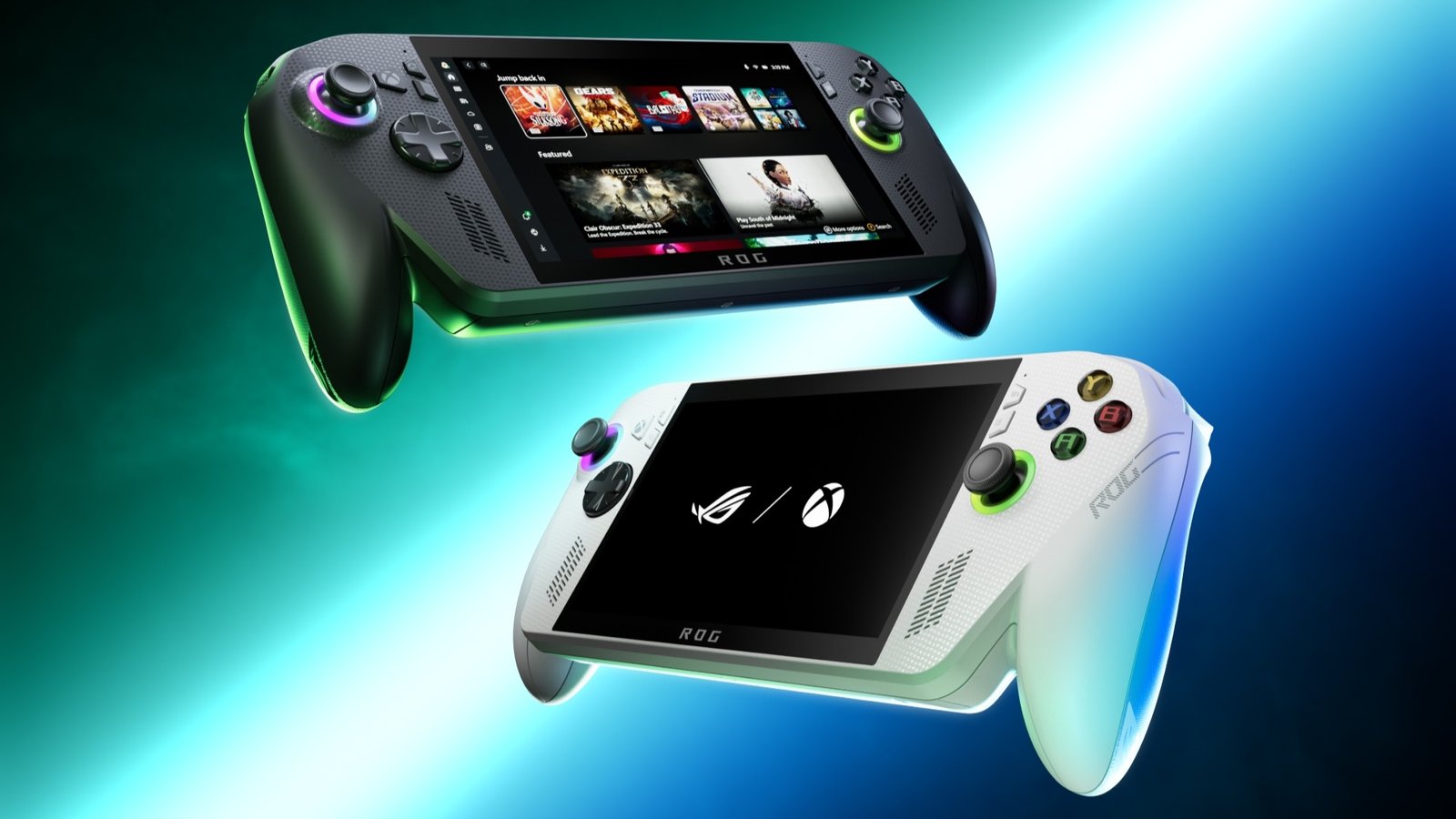Microsoft has reportedly canceled its in-house Xbox handheld project and is now opting to strengthen its ecosystem of Windows-based devices. This decision shows that the company is prioritizing the development of next-generation consoles as well as supporting third-party handhelds such as the ROG Xbox Ally and Ally X from ASUS.
New Focus: Windows Handheld Ecosystem
According to a report from TheGamerMicrosoft previously developed handheld devices in-house under code names such as "Project Pembrooke" or "Kennan." However, these projects are now being discontinued so that the company can direct resources to what it considers a more strategic strategy: making Windows 11 more optimized for third-party handheld devices.
Instead of releasing its own hardware, Microsoft is now collaborating with ASUS to deliver Windows-based gaming handhelds. A clear example of this collaboration is the ROG Ally and ROG Ally X, which carry "Xbox" branding and support services such as Xbox Game Pass and Cloud Gaming.
Reasons Behind Xbox's Decision
There are several plausible reasons behind Microsoft's move to stop the development of in-house handhelds:
- Resource efficiency: Developing your own hardware requires a large investment. By supporting OEM partners, Microsoft can reduce production costs and risks.
- Software optimization: The company wants to make Windows 11 the main platform for handheld gaming, rivaling SteamOS on the Steam Deck.
- Xbox ecosystem expansion: The focus on services such as Game Pass and Cloud Gaming enables the Xbox console experience across multiple devices without the need to rely on one type of hardware.
Xbox Next-Gen Console Keeps Running
Although the internal handheld was canceled, Microsoft remains committed to releasing the next generation console. The latest information suggests that the new console is scheduled to arrive around 2027 or 2028. The console will likely bring major improvements in performance, cloud integration, and cross-platform compatibility.
Xbox Community Reaction
The gamer community gave mixed responses. Some were disappointed that there would be no official handheld from Microsoft, while others found this decision realistic and focused on Xbox's main strengths: services and software.
Microsoft's decision to cancel its in-house Xbox handhelds shows a shift in strategy that is more geared towards software and OEM cooperation. The ROG Ally and Ally X became successful examples of this approach, allowing users to enjoy the Xbox experience on portable devices. Meanwhile, the next-generation Xbox console remains in the development pipeline and is the main focus for the next few years.
If you're looking for an Xbox-flavored handheld experience, the ROG Ally is the best option right now - and Microsoft's support for Windows handhelds will continue to grow going forward.
